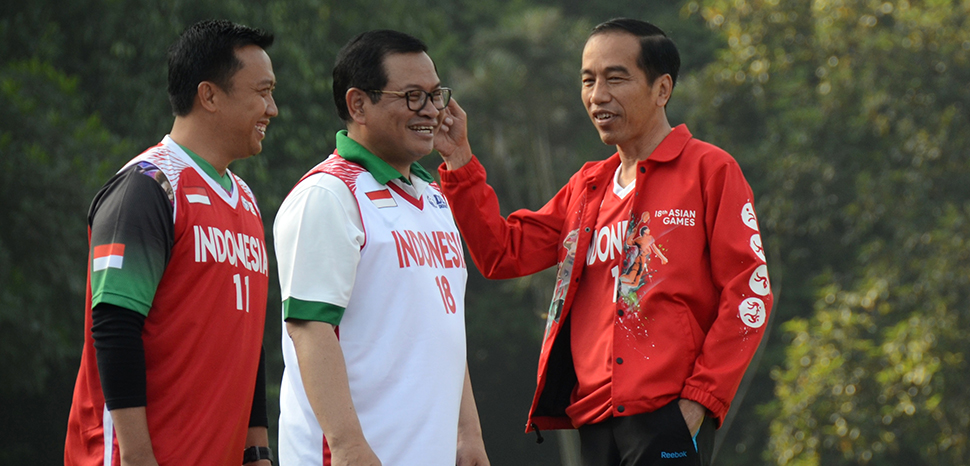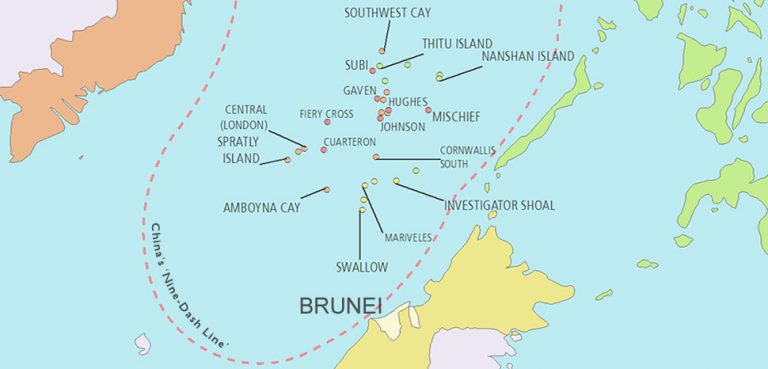Given its strategic location and economic growth, Indonesia is the linchpin of influence in Southeast Asia. With a population of over 270 million people, its weight in global affairs cannot be understated. Historically, Indonesia has navigated geopolitical divisions by embracing the tenets of the Non-Aligned Movement and maintaining independence from major power blocs. The nation’s deep-rooted “bebas-aktif,” or “independent and active” foreign policy stance, emphasizes its commitment to neutrality in global affairs, often acting as a mediator and brokering peace rather than picking sides. Nevertheless, the strategic value of Southeast Asia, coupled with the great power competition it attracts, suggests Indonesia’s policy continuity is anything but guaranteed ahead of next year’s elections.
Military and Security Concerns: US-China Rivalry & ASEAN
Strategically located between the Pacific and Indian Oceans, Indonesia’s geopolitical relevance is heightened by its proximity to major maritime routes. These routes facilitate global trade and play a pivotal role in the defense posturing of China and the U.S. given that Indonesia’s expansive maritime borders, piracy, terrorism, and territorial disputes are perennial challenges. Domestic threats, especially separatist movements and terrorist cells, similarly demand constant vigilance.




![U.S. Secretary of State Michael R. Pompeo participates in the ASEAN Regional Forum Ministerial in Bangkok, Thailand, on August 2, 2019. [State Department Photo by Ron Przysucha/ Public Domain], cc Flickr U.S. Department of State, modified, http://www.usa.gov/copyright.shtml U.S. Secretary of State Michael R. Pompeo participates in the ASEAN Regional Forum Ministerial in Bangkok, Thailand, on August 2, 2019. [State Department Photo by Ron Przysucha/ Public Domain], cc Flickr U.S. Department of State, modified, http://www.usa.gov/copyright.shtml](https://www.geopoliticalmonitor.com/wp-content/uploads/2020/07/ASEAN2019-768x369.jpg)